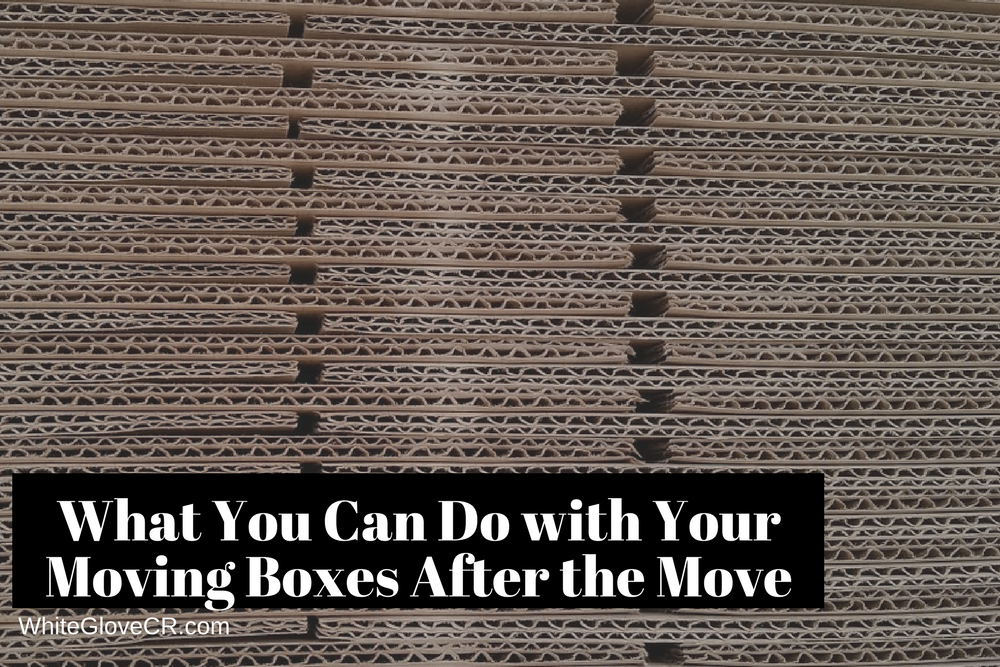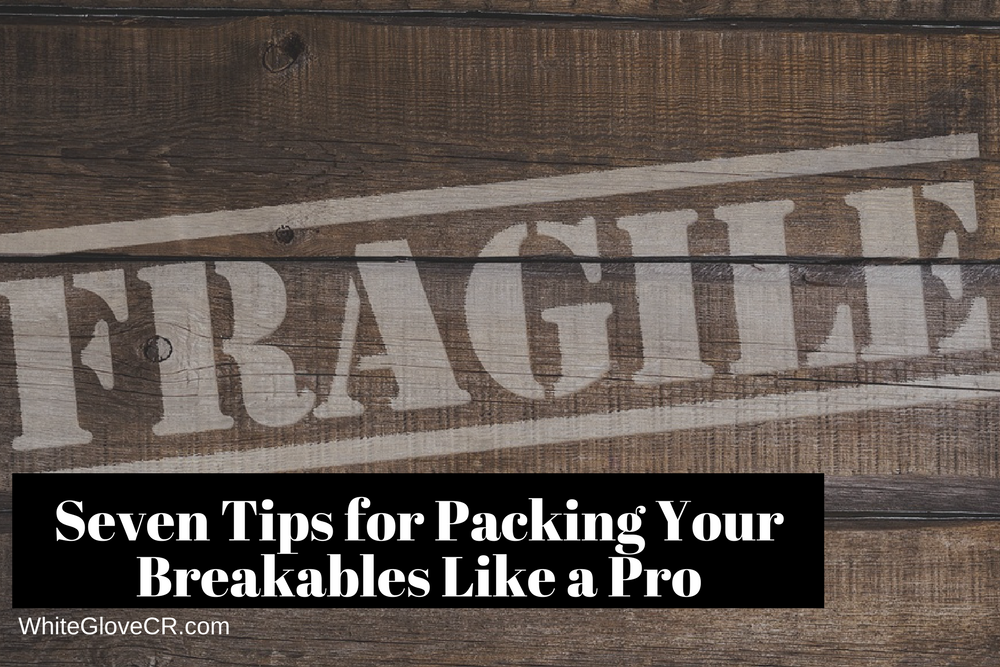Chances are once you’ve settled into your new place post move, you’ll be stuck with a plethora of cardboard moving boxes. Simply throwing them in the trash or taking them to the dump are viable options, but there are more environmentally conscious ways of ridding yourself of your new cardboard collection.
Take a look at some of the ways you can get rid of your moving boxes by reading the short list below.
1. Donate them
Be sure to recycle any boxes that were damaged during the moving process. If you haven’t been provided with a city recycling container, be sure to locate the facility closest to you.
Once you’re left with fully functional boxes, start calling around to local charities that could use them. Consider organizations such as libraries, Goodwill, The Salvation Army, and schools.
Chances are the local library will need boxes for book storage and sales. Schools may need them for storage purposes. In any case, you’ll feel good about having donated the boxes to a good cause instead of tossing them in the recycling bin.
2. Continue to use them
If you’re left with sturdier boxes after the move, it may be best to continue using them. You can even use the boxes to stay organized by grouping like items together such as your entertaining China or Christmas lights.
If you plan to move again in the not-so-distant future, be sure to hang on to your boxes. If you don’t need to use them, be sure to break them down for easy storage. This way you won’t have to invest your time and money locating more boxes for your next residential move.
3. Ask a friend or family member if they need boxes
If you have a friend or family member that’s preparing for a move, be sure to offer your boxes to them. Even if they’ve hired a professional mover, your friend will still be saving time and effort by using your boxes.
If you’re moving into an apartment complex or a condo, be sure to offer the boxes to other residents who may be moving. Apartment managers, landlords, and associations may be aware of a tenant’s upcoming move and can password along for you.
4. Get some of your money back by selling them
If you purchased your boxes from a professional mover, you should consider making some of your money back by selling them. Often times, there are local companies who buy and sell moving boxes. Once you find a local company, be sure to ask if they offer pick-up services, saving your time and gas money.
If you’re having trouble finding a local company that will buy your used moving boxes, be sure to check out online sources such as BoxCycle.com.
Be sure to try one or more of these methods for getting rid of your boxes after you move. If you plan to hire a professional residential moving company, you can also ask them if they offer box removal services.





